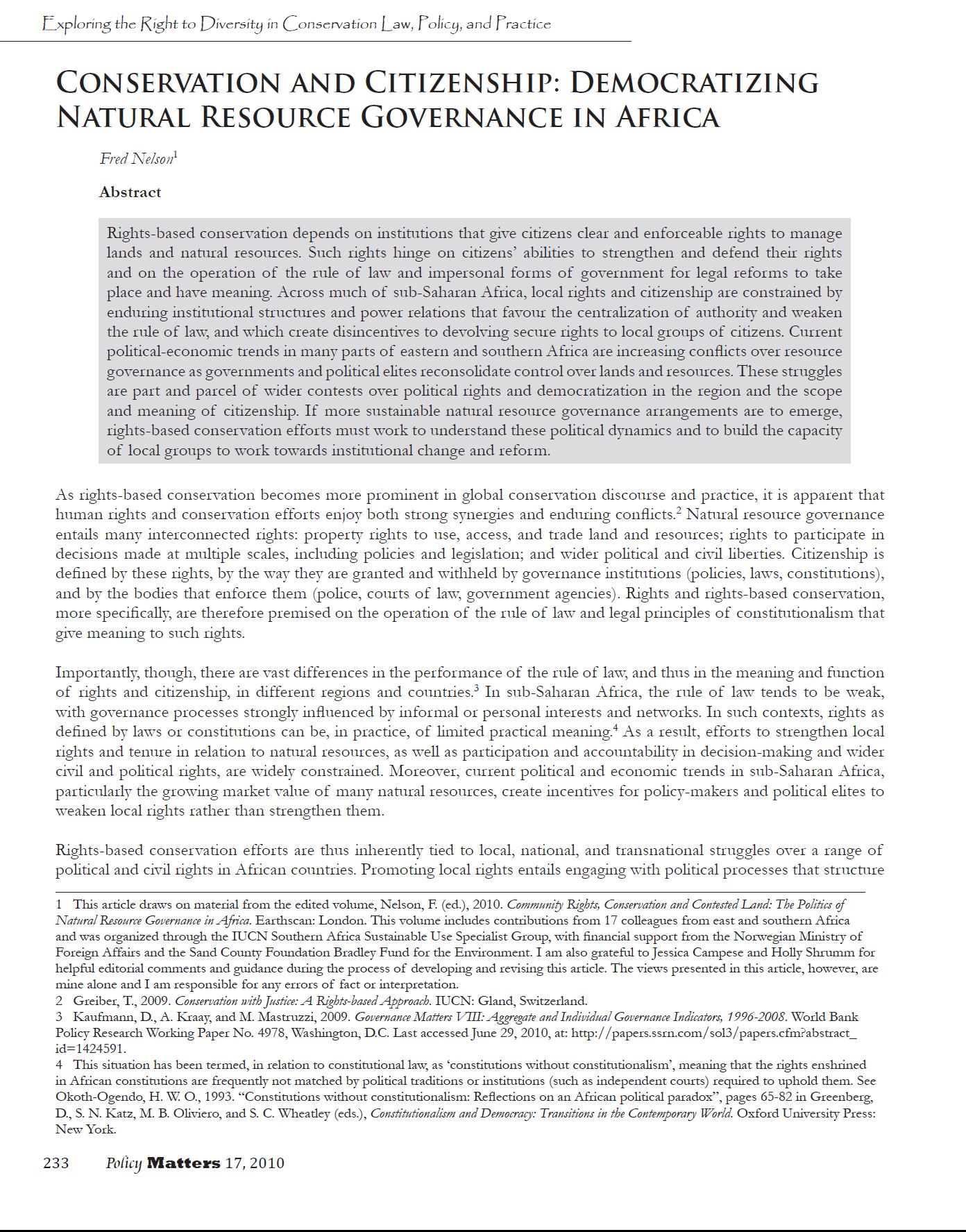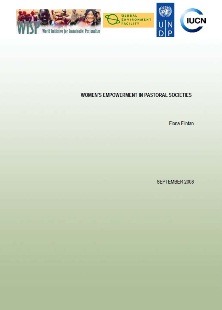Location
IUCN is a membership Union uniquely composed of both government and civil society organisations. It provides public, private and non-governmental organisations with the knowledge and tools that enable human progress, economic development and nature conservation to take place together.
Created in 1948, IUCN is now the world’s largest and most diverse environmental network, harnessing the knowledge, resources and reach of more than 1,300 Member organisations and some 16,000 experts. It is a leading provider of conservation data, assessments and analysis. Its broad membership enables IUCN to fill the role of incubator and trusted repository of best practices, tools and international standards.
IUCN provides a neutral space in which diverse stakeholders including governments, NGOs, scientists, businesses, local communities, indigenous peoples organisations and others can work together to forge and implement solutions to environmental challenges and achieve sustainable development.
Working with many partners and supporters, IUCN implements a large and diverse portfolio of conservation projects worldwide. Combining the latest science with the traditional knowledge of local communities, these projects work to reverse habitat loss, restore ecosystems and improve people’s well-being.
Resources
Displaying 96 - 100 of 142Conservation and Citizenship: Democratizing Natural Resource Governance in Africa
Rights-based conservation depends on institutions that give citizens clear and enforceable rights to manage lands and natural resources. Such rights hinge on citizens’ abilities to strengthen and defend their rights and on the operation of the rule of law and impersonal forms of government for legal reforms to take place and have meaning.
Harnessing Pastoralists’ Indigenous Range Management Knowledge for Drought -Resilient Livelihood Systems in the Horn of Africa
This report on harnessing pastoralists’ indigenous knowledge of rangeland management in three countries in East and the Horn of Africa is presented in two parts. The first part presents a review of the literature. The second presents the findings from the Orma in Tana River District of Kenya, the Afar in Amibara and Gawane Districts of the Afar Regional State in Ethiopia and the Karamojong in the Moroto District of Uganda.
A GOOD PRACTICE GUIDE SUSTAINABLE FOREST MANAGEMENT, BIODIVERSITY and LIVELIHOODS
Forests are essential for human survival and well-being. They harbour two thirds of all terrestrial animal and plant species. They provide us with food, oxygen, shelter, recreation, and spiritual sustenance, and they are the source for over 5,000 commercially-traded products, ranging from pharmaceuticals to timber and clothing. The biodiversity of forests—the variety of genes, species, and forest ecosystems—underpins these goods and services, and is the basis for long-term forest health and stability.
Women's Empowerment in Pastoral Societies
When reading about women in pastoral societies it is common to find reference to their marginalised roles, their hardship, their oppression and their lack of power as opposed to men’s domination, men’s ownership, men’s power and associated patriarchal relations.
Mujeres indígenas, territorialidad y biodiversidad en el contexto latinoamericano
Mujeres indígenas, territorialidad y biodiversidad en el contexto latinoamericano, se articula en torno a cinco ejes temáticos: participación política y ambiental, reconfiguraciones territoriales, conocimientos tradicionales y biodiversidad, alternativas desde lo local, y políticas globales y sus efectos locales. Estos temas se desarrollan a lo largo de 28 textos, desde la perspectiva indígena y no indígena, los cuales presentan las voces, demandas, situaciones y propuestas de las mujeres de 19 pueblos indígenas habitantes de 11 países latinoamericanos.








